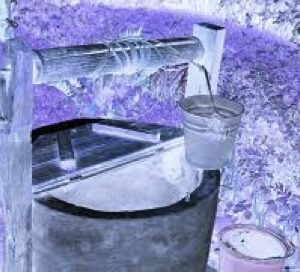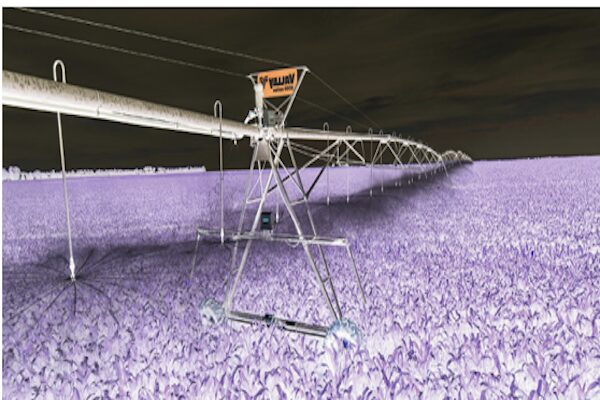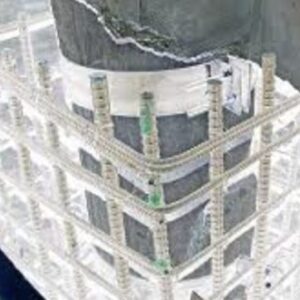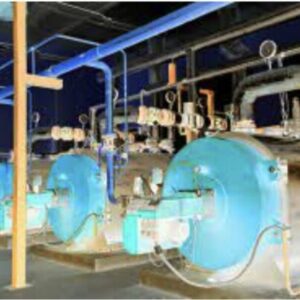-
×
 TP - 1107 An Introduction to Design of Building Envelopes for Professional Engineers
1 × $4.99
TP - 1107 An Introduction to Design of Building Envelopes for Professional Engineers
1 × $4.99 -
×
 TP - 1106 An Introduction to Triaxial Compression Soil Tests for Professional Engineers
1 × $4.99
TP - 1106 An Introduction to Triaxial Compression Soil Tests for Professional Engineers
1 × $4.99 -
×
 TP - 1110 An Introduction to Concrete Pavements for Professional Engineers
1 × $4.99
TP - 1110 An Introduction to Concrete Pavements for Professional Engineers
1 × $4.99 -
×
 TP - 1105 An Introduction to Analysis of Multiple Relief Well Systems for Professional Engineers
1 × $4.99
TP - 1105 An Introduction to Analysis of Multiple Relief Well Systems for Professional Engineers
1 × $4.99
Subtotal: $19.96


 TP - 1107 An Introduction to Design of Building Envelopes for Professional Engineers
TP - 1107 An Introduction to Design of Building Envelopes for Professional Engineers  TP - 1106 An Introduction to Triaxial Compression Soil Tests for Professional Engineers
TP - 1106 An Introduction to Triaxial Compression Soil Tests for Professional Engineers  TP - 1110 An Introduction to Concrete Pavements for Professional Engineers
TP - 1110 An Introduction to Concrete Pavements for Professional Engineers  TP - 1105 An Introduction to Analysis of Multiple Relief Well Systems for Professional Engineers
TP - 1105 An Introduction to Analysis of Multiple Relief Well Systems for Professional Engineers 



